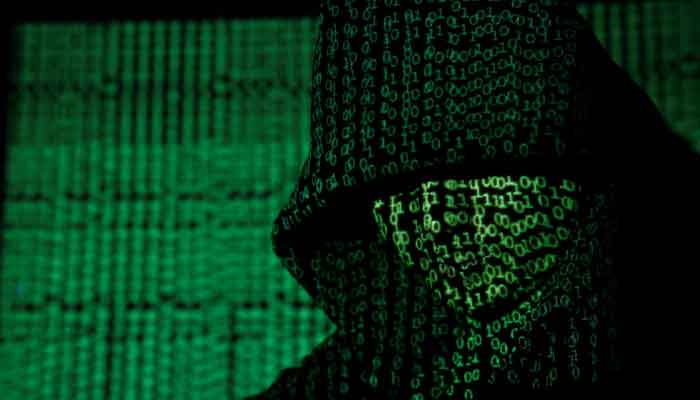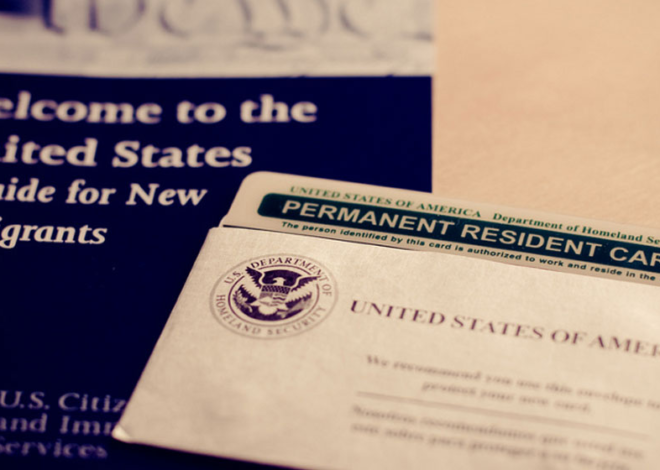
FIA: Gang Selling Children’s Videos on Dark Web Traced
Law Enforcement by FIA Uncovers Illicit Network Distributing Exploitative Content Online
Islamabad June 4, 2025 In a landmark operation, Pakistan’s Federal Investigation Agency (FIA) Cyber Crime Wing announced on Wednesday that it has successfully traced and dismantled a criminal gang responsible for producing and selling illicit videos featuring minors on the dark web. The multi-agency effort, conducted over the past four months, resulted in the identification of twenty-seven suspects linked to the distribution network.
Discovery of the Illicit Network
The investigation began in late January 2025, when a whistleblower within an international child protection NGO alerted the FIA to suspicious activity involving the sale of child exploitation videos on darknet marketplaces. The tip-off included encrypted URLs and sample content scraped from hidden services.
Leveraging advanced cyber-forensic tools and international cooperation, investigators were able to decrypt portions of the darknet traffic and trace cryptocurrency transactions connected to Pakistani-based servers. Initial leads pointed toward a small cell operating in Lahore and Karachi, employing Virtual Private Networks (VPNs) and anonymizing software to evade detection.
Investigation and Cyber-Forensics
FIA cyber experts deployed specialized decryption software to analyze network packets transmitted between buyers and sellers on secretive marketplaces. By monitoring Bitcoin and Monero wallets linked to these transactions, they narrowed down the geographic origins of payments to several Pakistani cities.
Concurrently, digital forensics teams seized and imaged hard drives of known suspects during preliminary raids in March. Metadata extracted from video files—timestamps, camera IDs, and location coordinates—allowed the agency to triangulate real-world footage to specific addresses in Punjab’s rural districts. Collaborating with the U.S. Homeland Security Investigations (HSI) unit and Interpol, the FIA traced the production chain from “capturing footage” to “advertising listings” on hidden forums.
Arrests and Charges Filed
On May 28, 2025, simultaneous raids were carried out in Lahore, Karachi, Faisalabad, and Gujranwala. Authorities arrested twenty-seven individuals, including videographers, distributors, and financial facilitators. Among the suspects are four ring leaders allegedly responsible for orchestrating the recruitment of minors, overseeing video production, and uploading content to encrypted cloud servers.
The FIA has registered charges under the Prevention of Electronic Crimes Act (PECA) of 2016, sections related to child pornography, digital extortion, and money laundering. Each accused faces up to 14 years of imprisonment and fines exceeding PKR 5 million, pending trial. Investigators also seized over 120 terabytes of digital evidence—video files, encrypted hard drives, mobile devices, and bank records linked to cryptocurrency exchanges.
Victim Identification and Rescue Efforts
Law enforcement agencies worked closely with child welfare organizations to identify and rescue at least twelve minors who had been coerced into making videos. These children, aged between 10 and 15, were found in precarious living conditions, often held at remote farmhouse locations or clandestine video production studios.
Medical and psychological evaluations are being conducted to address their physical health and trauma. Crisis intervention teams from the Ministry of Human Rights have been engaged to provide ongoing counseling, rehabilitation, and reintegration services. Authorities have initiated inquiries into each victim’s guardianship, tracing potential links to human trafficking rings that may have facilitated the recruitment of vulnerable children in impoverished communities.
Financial Trail and Dark Web Infrastructure
The gang operated through a tiered structure: content creators, uploaders, moderators, and brokers. Videos were initially uploaded to darknet cloud services with strict access controls. Prospective buyers purchased decryption keys via cryptocurrencies, with prices ranging from USD 200 to USD 800 per video clip. A financial analysis revealed that the ring laundered approximately USD 750,000 over the last two years through shell companies, unregulated exchange platforms, and traditional hawala networks.
The FIA’s money-laundering cell traced these funds back to luxury properties and overseas bank accounts belonging to the gang’s principal operatives. Cyber analysts also mapped out the gang’s infrastructure: servers rented under false identities in Eastern Europe and Southeast Asia, which redirected traffic to locally hosted proxy nodes in Pakistan.
Public Reaction and Institutional Response
News of the bust has sparked widespread outrage across social media and civil society forums. Human rights activists lauded the FIA’s swift action while urging a review of existing cyber-safety laws to enhance preventive measures. The Minister for Information Technology, in a statement to reporters, reiterated the government’s zero-tolerance stance on child exploitation and vowed to strengthen cooperation with international partners.
Opposition parties criticized perceived delays in legislative amendments to PECA, claiming that outdated statutes had impeded faster prosecution. NGOs working on child protection have called for a nationwide awareness campaign to educate parents and teachers about the dangers of online predators and the importance of digital vigilance.
Legal Framework and Next Procedural Steps
Under Pakistan’s Prevention of Electronic Crimes Act (PECA) 2016, producing, distributing, or possessing child pornography is punishable by a minimum of seven years’ imprisonment and a fine. With the recent amendment in March 2025, penalties were increased to address the surge in internet-facilitated offenses. The FIA has forwarded case files to the Islamabad Special Court Against Cyber Crimes, which will commence hearings in July 2025.
Prosecutors plan to present forensic reports, digital footprints, and witness testimonies to establish a robust evidentiary record. Meanwhile, legislative committees in the National Assembly are drafting further revisions to tighten regulations on internet service providers, mandating real-time monitoring protocols and stricter background checks for telecom employees with privileged network access.







